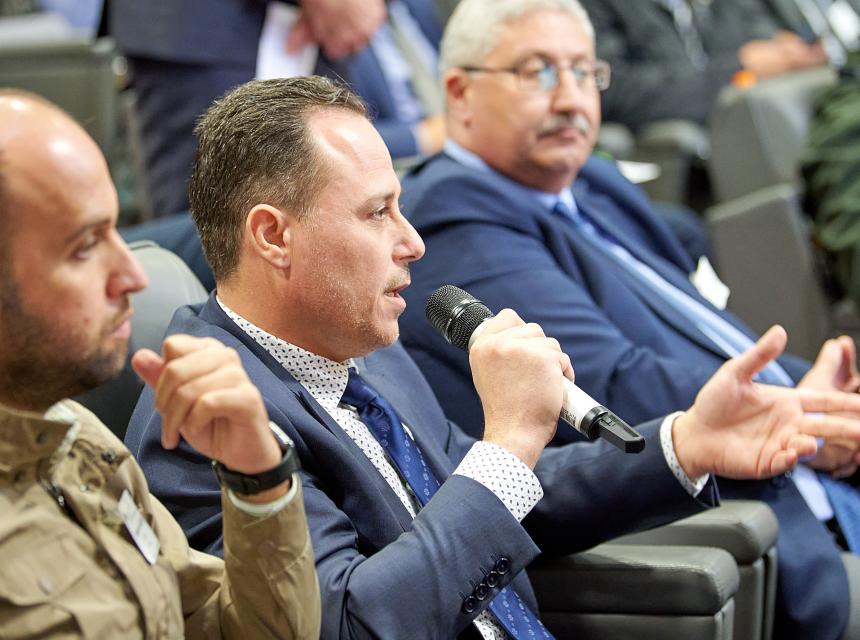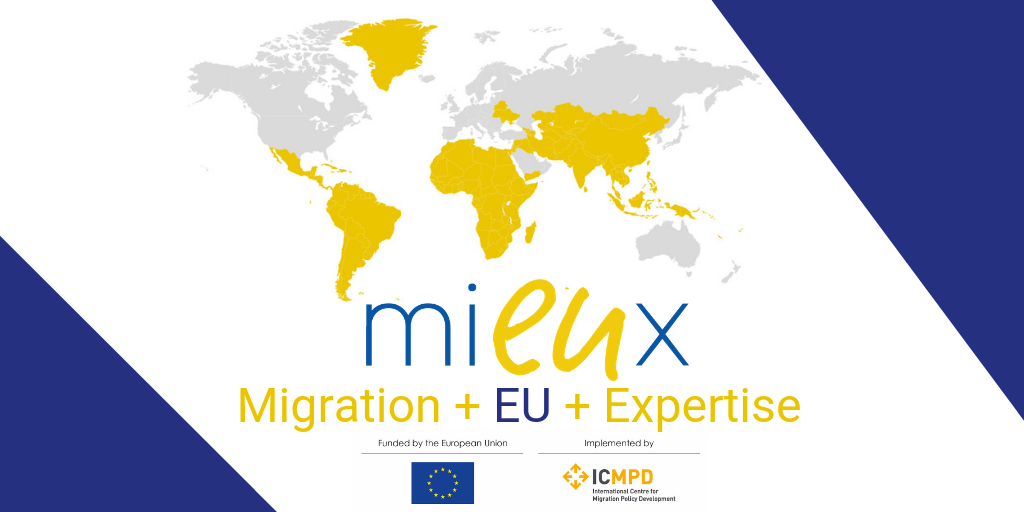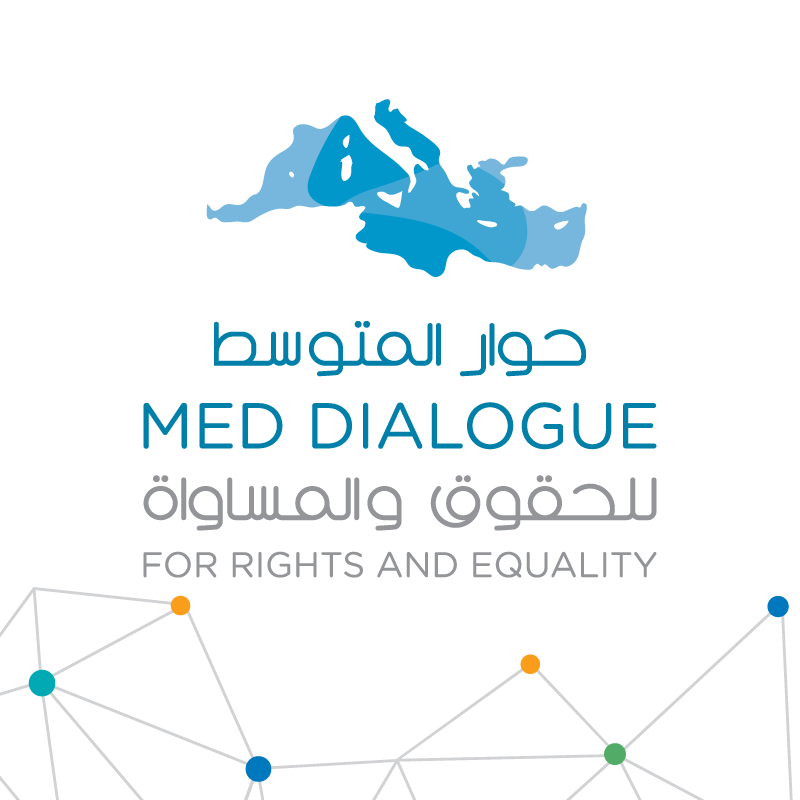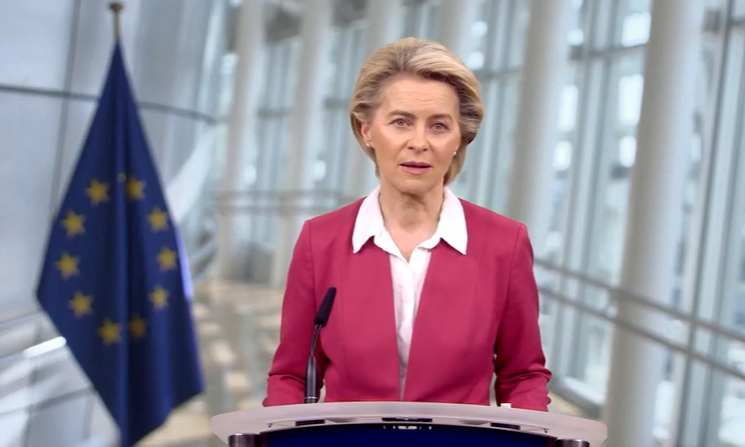Green Hydrogen in Jordan: Aqaba’s Ambitions and European Partnerships

As the European Union accelerates its green energy transition, Jordan emerges as a key player in the Mediterranean, aspiring to become a regional hub for hydrogen production. Insights from Mohammad Ata Dardasawi, Chief Advisor of Aqaba Development Corporation, reveal Jordan’s strategy to align with Europe’s hydrogen policies and the challenges it faces.
On June 11th, at the MED-GEM Network’s Second Industrial Advisory Board meeting in Brussels, Mohammad Ata Dardasawi shared Jordan’s growing interest in green hydrogen. Representing Aqaba Development Corporation, he outlined the mutual benefits of collaboration between Jordan and Europe. “We’ve learned a lot by exchanging experiences with other Mediterranean countries and observing Europe’s policy direction in green energy,” he stated, highlighting Europe’s intent to convert hydrogen into ammonia for easier transport to its energy markets.
Mr. Ata Dardasawi underscored Aqaba’s efforts to attract investments in hydrogen production, mentioning 12 Memoranda of Understanding and one formal investment agreement already signed. However, water scarcity presents a significant hurdle. “We’re now planning to provide fresh water for investors to enable hydrogen production,” he explained. Despite these challenges, Jordan’s renewable energy transition is already advanced, with 27% of its electricity generated from solar and wind.
As Jordan navigates the challenges of establishing itself as a key hydrogen supplier to Europe, cooperation with European partners and initiatives like MED-GEM Network could prove vital. By building capacity, addressing regulatory hurdles, and aligning with EU market demands, Aqaba has the potential to become a crucial node in the global green hydrogen network. Jordan’s story is just beginning, but it already shows promise as a blueprint for other nations looking to transition to a greener future.




























 Syria
Syria 





